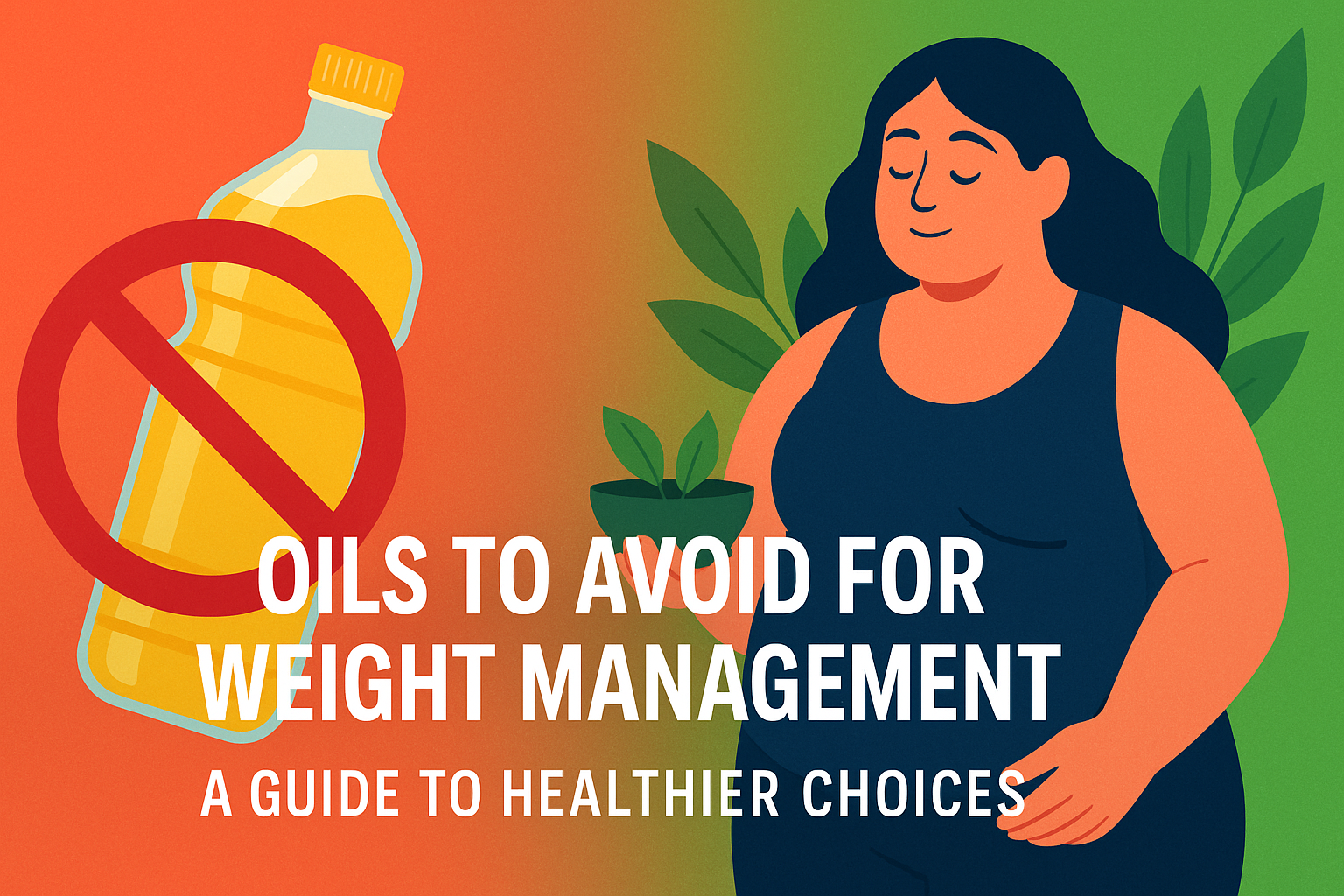Obesity isn’t just a number on a scale—it’s a complex condition that affects everything from your energy levels to your emotional health and long-term risk of chronic diseases. But here’s the truth: you don’t need fad diets, extreme workouts, or expensive treatments to start making progress. What you need are sustainable habits and the willingness to take small, consistent steps.
Let’s explore 10 simple yet science-supported well-being tips that can help reduce obesity and improve your overall health—without overwhelm.
1. Move Every Hour
We’ve all heard “sitting is the new smoking,” and it’s true. Long hours of sitting—whether at a desk, watching TV, or scrolling your phone—can slow your metabolism and lead to fat accumulation, especially around the belly.
📌 Quick tip: Set a reminder to get up every hour. Walk for 5 minutes, do a quick stretch, or even just stand up and shake it out.
2. Hydrate Smartly
Water isn’t just essential—it’s a natural appetite suppressant. Often, we mistake thirst for hunger, leading to unnecessary snacking.
📌 Quick tip: Drink a glass of water before every meal. Not only will it keep you full, but it also boosts digestion and metabolism.
3. Prioritize Quality Sleep
Poor sleep throws your hunger hormones—ghrelin and leptin—out of balance, making you crave high-calorie, sugary foods.
📌 Quick tip: Create a bedtime ritual. Dim the lights, power down screens, and aim for at least 7 hours of sleep.
4. Eat Mindfully, Not Mindlessly
It’s not just what you eat, but how you eat. Eating while watching TV or working leads to overeating because your brain isn’t paying attention.
📌 Quick tip: Eat with no distractions. Focus on your food’s smell, taste, and texture. You’ll feel more satisfied and eat less.
5. Strength Training is a Game Changer
While cardio burns calories in the moment, strength training boosts your metabolism for hours after your workout by building lean muscle.
📌 Quick tip: Start with bodyweight exercises—squats, lunges, and pushups. Just 2-3 times a week can make a big difference.
6. Manage Stress Like Your Health Depends On It (Because It Does)
Chronic stress raises cortisol levels, which increases fat storage—especially around your midsection.
📌 Quick tip: Practice deep breathing or short guided meditations. Even 5 minutes a day can reduce stress levels significantly.
7. Fuel Your Day with Protein
Protein keeps you fuller longer and helps retain muscle mass while losing fat.
📌 Quick tip: Include a source of lean protein (eggs, Greek yogurt, legumes, tofu, or chicken) in every meal.
8. Ditch the Fake Sweeteners
Artificial sweeteners may have zero calories, but they still trigger insulin responses and cravings, which can lead to overeating later.
📌 Quick tip: If you crave something sweet, go for natural options like fruits or a bit of honey in your tea.
9. Control Nighttime Snacking
Eating late at night means your body stores more fat from the extra calories, especially when you’re inactive and ready to sleep.
📌 Quick tip: Set a “kitchen curfew.” No eating after 8 p.m. unless it’s a light snack like a banana or a few nuts.
10. Track Your Progress—Not Perfection
Awareness is powerful. Tracking what you eat and how you move helps you stay accountable and recognize patterns without being obsessive.
📌 Quick tip: Use a journal or a simple app to track meals and movement. Focus on progress, not perfection.
Final Thoughts 💡
Obesity isn’t something that changes overnight—and it doesn’t need to. With consistent, small actions rooted in self-care, awareness, and compassion, you can reduce obesity and feel more confident, energized, and empowered.
No shortcuts. No shame. Just sustainable shifts.
Remember: Your health journey is not a race—it’s a relationship. Treat it with kindness.



